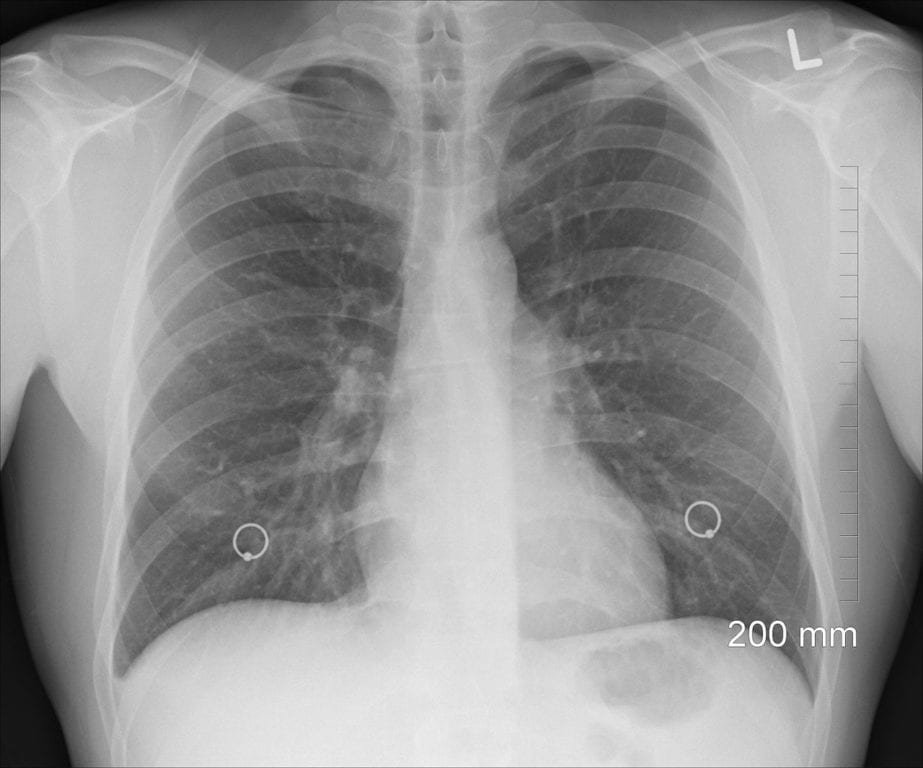According to a story from MD Magazine, researchers are using real-world studies, outside of the controls found in the clinical setting, to trace the impacts of multiple recently approved therapies for pulmonary arterial hypertension. Dr. Gary Palmer and Dr. Victor Tapson recently sat down for an interview with MD Magazine to discuss the latest treatments and research.
About Pulmonary Arterial Hypertension
Pulmonary arterial hypertension is a condition in which the blood pressure in the arteries of the lungs is abnormally high. The cause of pulmonary arterial hypertension is often unknown in many cases. However, there are a variety of potential causes, such as certain heritable genetic mutations, exposure to certain toxins, and drug use (ex. methamphetamine). It can also appear as a symptom or complication in a number of other diseases, such as heart disease, connective tissue disease, and infection with HIV. The arteries in the lungs are often inflamed. Symptoms of this condition include rapid heartbeat, poor exercise tolerance, shortness of breath, fainting, leg swelling, fatigue, and chest pain. Treatment may include a number of medications and surgical operations, including lung transplant. A transplant can cure the condition, but it can cause many complications. Survival rate is often only about two or three years without treatment, but the latest drugs can prolong life by several years or more. Click here to learn more about pulmonary arterial hypertension.
New Drugs, New Possibilities
Some of the most recent drugs to gain approval for the treatment of pulmonary arterial hypertension include selexipag and macitentan. The effectiveness of these drugs has continuously been followed with real-world studies. These studies do not have the strict controls and specifications of a clinical trial, but in some ways they allow researchers to see how a drug is performing outside of the lab as a part of a patient’s day to day life.
Generally the new therapies appear to be doing well in the vast majority of patients, and these studies would not be possible without the use of patient registries. A cause of concern in the past for this class of drugs, called endothelin receptor antagonists, was the potential for liver problems or damage as a side effect, but these studies have revealed that selexipag and macitentan do not have the potential to cause liver damage.







